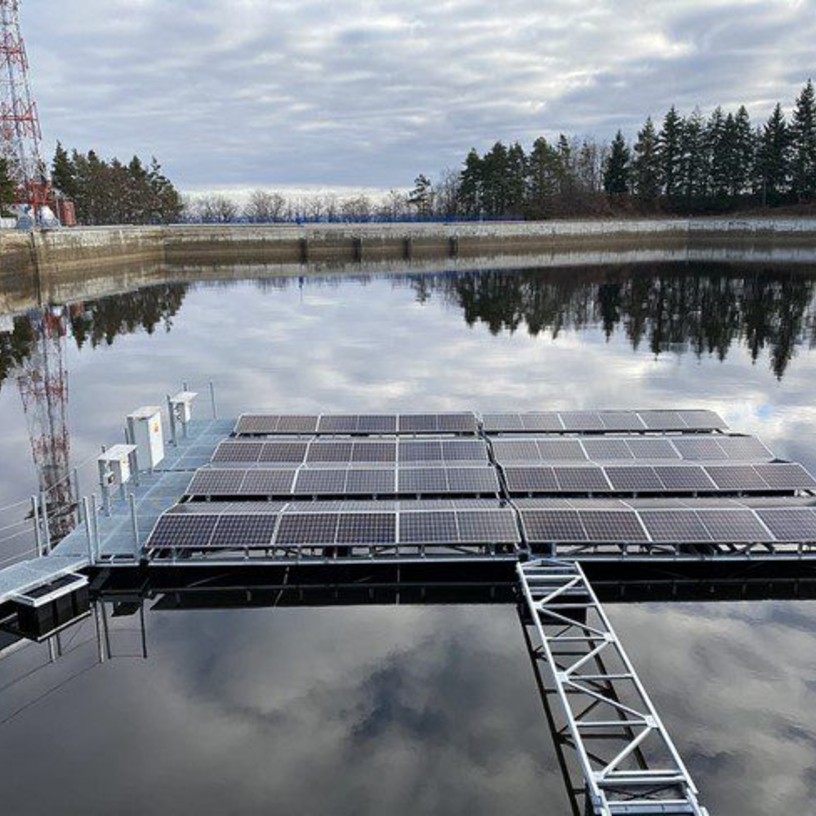What are the advantages of placing solar panels on water?
2021-01-13
Floating photovoltaic panels increase energy efficiency through water cooling, save land and reduce evaporation, providing an efficient solution for energy production.

Advantages of photovoltaic panels on water
Installing photovoltaic panels on the surface of water, or floating photovoltaic (PV) farms, is becoming increasingly popular and offers many unique benefits.
First of all, placing panels on water helps reduce water evaporation from reservoirs, which is extremely valuable in drought-prone regions. Additionally, water acts as a natural cooling system, which increases the efficiency of the panels. The lower temperature of the modules translates into higher electricity production compared to land-based installations.
Floating PV farms do not take up valuable land that could be used for agricultural, residential or industrial purposes. This is especially important in densely populated areas. What's more, installations on water often reduce the growth of algae in reservoirs, improving water quality.
Although the initial cost of installation may be higher, long-term benefits such as increased productivity and space savings make floating photovoltaics a future solution in the pursuit of sustainable energy.